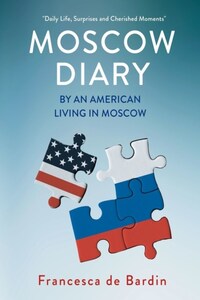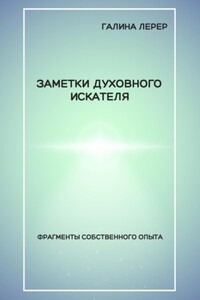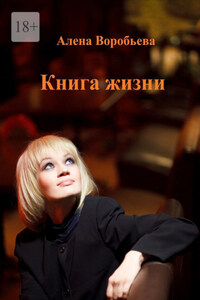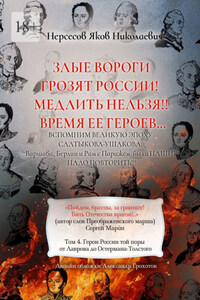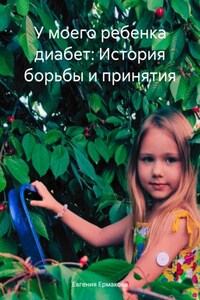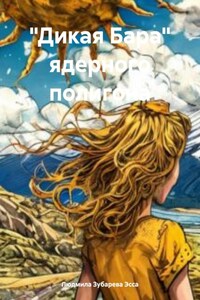CHAPTER 1
From New York City to Paris to Moscow
It was negative 5.5 degrees Celsius (22 degrees Fahrenheit) and snowing on January 5, 2022 when I arrived in Moscow – my first day as a retired American living in the capital of Russia. I moved here from a small town in southern France where I had lived for eight years. On the day I left France, it was 16.6 degrees Celsius (62 degrees Fahrenheit) and sunny.
I stayed in a small hotel near the apartment I had rented, awaiting the arrival of my furniture and household possessions by truck from France. Eight years prior, all my possessions were moved to France from New York. The idea of starting a new life in Moscow, in a different culture was as intimidating as it was appealing. For one, I wanted the comfort of the familiar objects in my surroundings that had accompanied me for years.
I knew three Muscovites at the time and spoke two words of Russian: «da» (or «yes») and («nyet» (or «no»). My smartphone was a lifesaver, as it could translate my words into Russian. I anticipated a rich life in Moscow – enjoying museums, the ballet, parks and gardens, among other things. Having lived in New York City most of my life, I was accustomed to big-city life. Living in a mega-metropolis like Moscow promised adventures and challenges that I welcomed. I had previously visited St. Petersburg and Moscow as a tourist and appreciated the rich culture, diversity, and history of the thousand-year-old Russian civilization.
Fate brought me here for a variety of reasons. I never intended to write a book about my experiences in Moscow until the intense anti-Russian rhetoric of the collective West became impossible for me to ignore. I decided to write this book not only as a rebuttal to anti-Russian rhetoric, but also to share how profoundly I’ve been touched by the openness, kindness, compassion, humanity, and generosity of the Russians I meet every day.
This isn’t a history book, guide book, or discourse on culture – it’s about my experiences and observations as a retired American living in Moscow. It’s a very personal story, one in which I share challenges and surprises, mixed with some history, humor, thoughts on things to see, and personal insights.
It’s my hope that this book will be entertaining, informative, inspiring, and touching. I hope it encourages more objectivity and respect between our cultures and a genuine desire to learn more about each other. The de Bardin family motto, in French, is «Faire Face,» which translates as «Meet the Challenge.» I do so now, with pleasure.
As an American citizen with French citizenship, I was able to live almost anywhere – and I chose Moscow. It’s the first question Russians ask me: «Why are you living here?»
I was born in San Francisco, California, and educated in Catholic schools. I grew up in a middle-class home. My parents had immigrated from Italy. My values are traditional and conservative. I have travelled the world for business and pleasure, visited the world’s major museums, the greatest religious places of worship, and ancient archeological sites, from the Yucatan to Luxor to Machu Picchu. I’m an adventuress by nature.
I’m also fiercely independent, a nonconformist with a penchant for speaking provocatively. For most of my life in the United States those traits were admired. As an entrepreneur in New York City, from 1980 to 2010, I achieved success founding and leading three diverse businesses.
In the 1990s, I began to see the progressive deterioration of standards in the spheres of media, academia, justice, business, politics, education, culture, and spirituality. It was a slow degradation, but obvious and painful for me to watch. It became the «norm» to go along with the social engineering that began undermining the ethics and standards of our institutions in the name of «progress.» Meritocracy was being replaced by ideology.
Ethics and moral standards, virtue and vice, right and wrong, were ignored. Cultural values and core principles that were the cornerstone of Western civilization were replaced by moral relativism, with each individual having the right to determine his or her moral standards. Everything was permitted. It didn’t take long for greed, conspicuous consumption, and superficial status symbols to pervade our lives. It was troubling to witness how avarice became the «new normal.»
Fate interceded and, in Paris, I met and fell in love with an elegant French man who became my husband, Claude de Bardin. Our conservative philosophies and values were in harmony. We divided our time between Paris and New York for 15 years. I was immersed in French culture, history, art, architecture, and the «French style.» It was a less superficial lifestyle than New York City. In Paris, I could indulge my passions for food, art, architecture, and renovating our Paris apartment. We also rented an apartment in southern France for the winters.
When my beloved husband passed away in 2014, I decided to remain in the apartment we had rented in southern France. It’s a very small town of 30,000, magnificently beautiful and the perfect place to grieve. I then sold or donated most of my possessions in New York and the remaining belongings were transported by ship to France.
